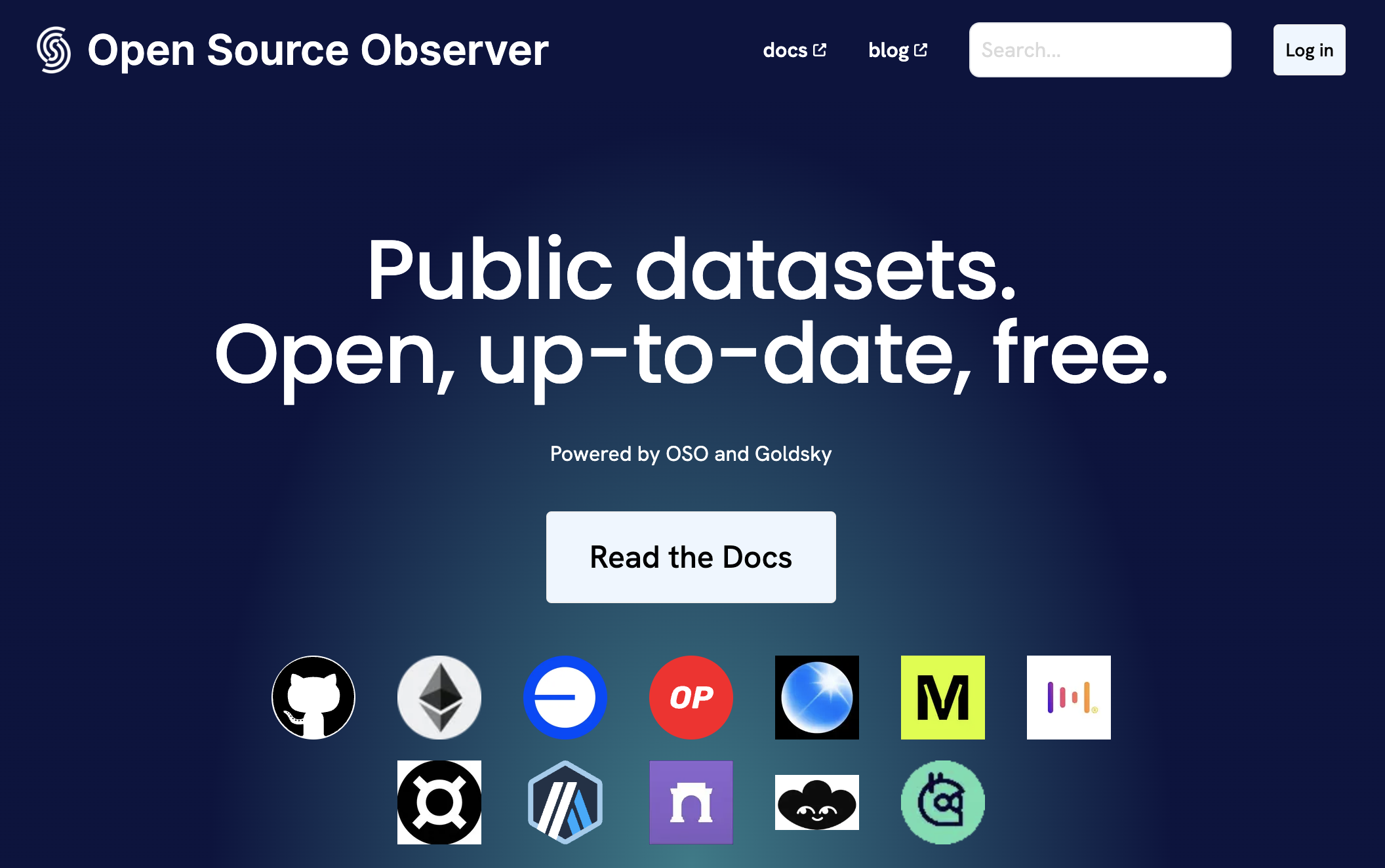In baseball, there’s an advanced statistic called WAR, short for Wins Above Replacement. It measures a player’s overall contribution to their team by comparing them to a “replacement-level” player—a hypothetical average player who could easily be brought in from the bench or minor leagues. The higher a player’s WAR, the more valuable they are to their team.
Now, let’s apply this concept to decentralized networks like Ethereum or its Layer 2s, which steward ecosystems of public goods including infrastructure, libraries, and permissionless protocols.
Just as baseball teams aim to build the best roster, ecosystem funds and crypto foundations strive to create the strongest community of developers and users within their networks. They attract these participants through incentive programs like grants and airdrops.
But how can the success of these initiatives be effectively measured? One approach is to evaluate how well these programs retain community members and generate compounding network effects compared to the average across the broader crypto landscape. The best networks are the ones that achieve the highest WAR outright or per unit of capital allocated.
This post explores how an empirically-derived metric similar to WAR might be applied to ecosystem grants programs as a way of measuring ROI. It includes some use case ideas (like a WAR oracle) and strawman WAR formulas for protocols and open source software (OSS) projects. It concludes with some ideas for getting started.
While this is currently a thought experiment, it’s something we at OSO are seriously considering as we develop more advanced metrics for measuring impact.



